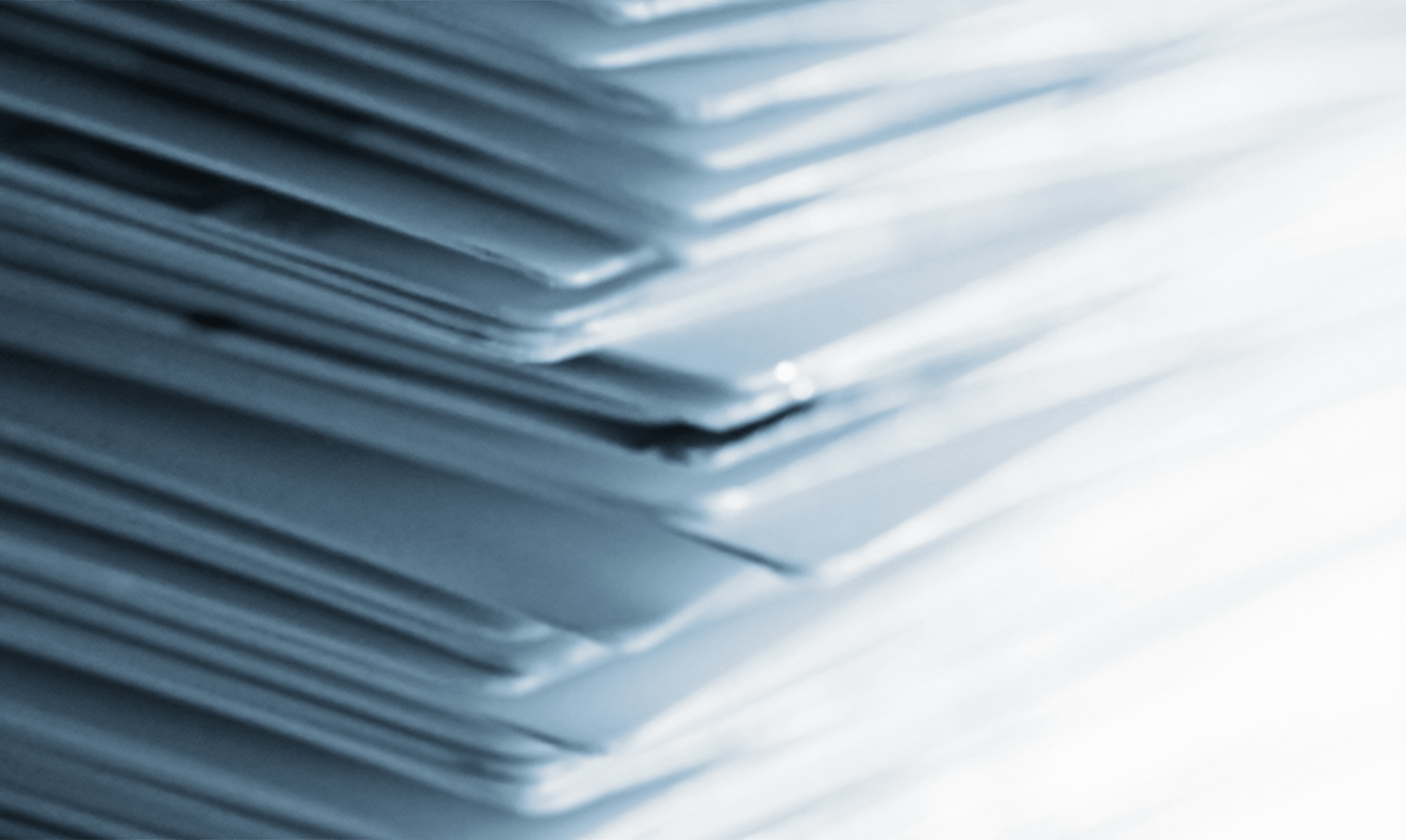Under the so-called American Rule, litigants are normally expected to pay their own attorneys’ fees, win or lose, unless a statute clearly permits or requires fee-shifting. In the underlying litigation in Peter v. NantKwest, the United States Patent and Trademark Office (USPTO) wanted to make NantKwest pay the USPTO’s attorneys’ fees, in the form of the pro-rated salaries of the USPTO in-house lawyers, under a provision of the Patent Act that requires rejected patent applicants to pay “all expenses” in certain proceedings. The Supreme Court, however, has now ruled that the USPTO may not force patent applicants to pay attorneys’ fees under this provision.
In Peter v. NantKwest, a patent applicant, NantKwest, appealed the USPTO’s rejection of its patent application to a federal district court in Virginia under a provision of the Patent Act that allows patent applicants to appeal first to a federal district court (which may hear additional evidence that was not considered by the USPTO) before appealing to the Court of Appeals for the Federal Circuit. That provision, § 145, requires patent applicants to pay “all expenses of the proceedings.” The district court affirmed the USPTO’s rejection of the patent application and awarded the USPTO its attorneys’ fees. NantKwest then appealed to the Federal Circuit and then to the Supreme Court.
Although the Patent Act has required applicants to “pay all expenses” for over a century, the Patent Office only first attempted to recover attorneys’ fees under this provision in 2013. Up until then, the USPTO interpreted “expenses” to include, for example, travel expenses, expert witness fees, and docket fees, but not attorneys’ fees. The USPTO, however, argued to the Supreme Court that a plain reading of the statute and the word “expenses” includes attorneys’ fees. NantKwest countered that the American Rule requires each party to pay its own attorneys’ fees unless Congress explicitly states otherwise, and that Congress did not do so in § 145.
Writing for the unanimous court, Justice Sotomayor held that the provision does not authorize the USPTO to recover attorneys’ fees. The Court reasoned that the wording of the provision and its reference to “all expenses” is not explicit or clear enough to depart from the American Rule. The Court further held that reading the provision to allow the USPTO to recover attorneys’ fees from a prevailing party would be a “radical departure” from the various laws and principles governing fee-shifting in litigation.
The ruling is important for potential patent owners because it provides clarity on litigation expenses when deciding which route to appeal a rejection of a patent application. In light of the Supreme Court’s decision, patent applicants considering an appeal to the district court are assured that the USPTO may not seek an award of attorneys’ fees, thus making the decision on whether to appeal a bit easier. The Trademark Act includes an analogous provision, and it is expected that this ruling will also apply in those trademark cases in which the USPTO has sought fee payments in recent years.
The case is Peter v. NantKwest, Inc., Case No. 18-801. If you would like additional information on this topic, please contact the authors or your lawyer at McCarter & English, LLP.
